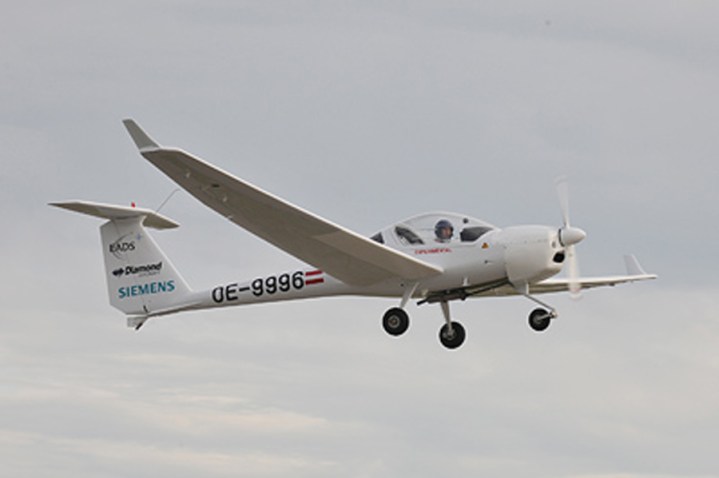
The high tech pair set 2020 as the target for demonstration planes. They hope to have passenger aircraft with less than 100 seats powered by hybrid/electric propulsion systems by 2030. Together, they are committing 200 employees to make it happen. Clearly Siemens and Airbus think electric aircraft are the future, at least for shorter range flghts.
See also: EasyJet can save 50,000 tons of CO2 annually with a hydrogen-hybrid plane
The advantages of all-electric or hybrid/electric aircraft engines are significantly reduced emissions and fuel consumption. Europe has set a high bar with a target of 75% CO2 emissions reduction by 2050 (compared to levels recorded in 2000) and Airbus and Siemens don’t believe that target can be reached with petroleum-fueled engines.
For passengers and crew, as well as often noise-beleaguered people who live near airports, another benefit will be the reduction in sound. There would be wind noise, of course, but what if aircraft were as quiet as golf carts? Clearly that would be much more pleasant than the wall of sound emanated from most current planes.
The planned prototypes on Airbus and Siemen’s wish-list will range from a “few 100” kilowatts, according to Airbus, to 10+ megawatts. The higher power levels would be appropriate for short and medium haul trips.
This joint alternative fuel engine project is not Siemens and Airbus Group’s first rodeo together. In 2011, they collaborated on a demonstration with Austria’s Diamond Aircraft. Since then, Siemens has been at work on an electric engine supplying five times the power of the 2011 demo, with no weight gain. In 2015, an Airbus electric-powered small plane made a channel crossing in a flight demonstrating their progress with the E-Fan. They now use that two-seater design to train pilots.
Near silent, non-polluting aircraft certainly sound like a good idea, but let’s hope no one’s counting on chargers in the sky. We can imagine that one day, there will probably be power “tankers” as there are today refueling planes aloft for jet fuel aircraft. That is likely to be a very quiet megakilowatt transfer. One thing we can all look forward to is thoroughly thought out on-board charging for our portable electronics.



